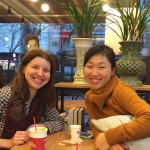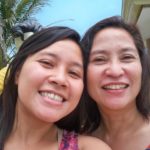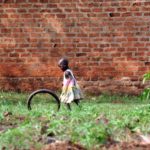What Korean Students Lack in the Classroom
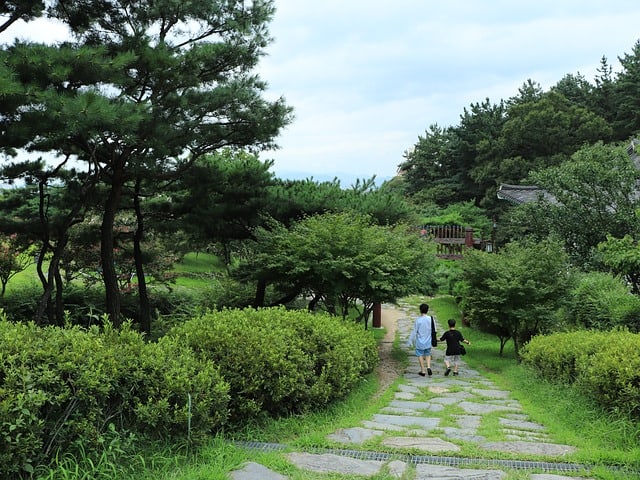
 Many of the adolescent Korean students I teach are under a great deal of academic pressure. From a very young age they are told that academic success and a career are the most important pieces of life. While education is important, there is one thing lacking in the classroom among Korean students: independent thinking. I feel this is an important piece of the academic puzzle that Korean parents and teachers should encourage in the classroom.
Many of the adolescent Korean students I teach are under a great deal of academic pressure. From a very young age they are told that academic success and a career are the most important pieces of life. While education is important, there is one thing lacking in the classroom among Korean students: independent thinking. I feel this is an important piece of the academic puzzle that Korean parents and teachers should encourage in the classroom.
It’s not uncommon for students to be shuffled off to an English, math or science academy for further studies after their regular school hours. The education system strongly focuses on studying and memorization (the students I teach take academic proficiency exams a few times per school year).
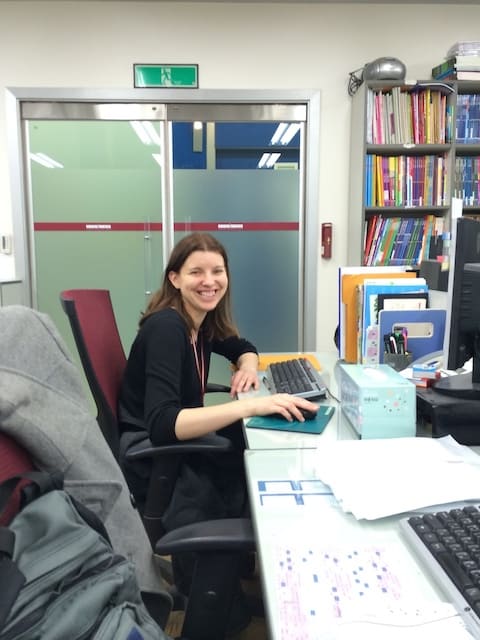
Since academics always emphasize memorization, students stumble at times when it comes to thinking on their own.
The middle school program at my school has different English levels for students ranging from intermediate to advanced. The classes focus on either speaking or writing lessons. For the most part, students in South Korea are hard working in the classroom. In most classes the students are talkative and quick to volunteer, while a few classes have students that are very quiet and do not volunteer; thus, it’s like “pulling teeth” to get them to speak sometimes.
One thing I’ve noticed is that students are weak in the creative, independent thinking department. Since academics always emphasize memorization, students stumble at times when it comes to thinking on their own.
Perhaps this discouragement of creative, independent thinking can be linked to an education system (and society) rooted in Confucian values. For example, one Confucian belief is acting as one within the country; thus, the collective being more valued than the individual. So creative, individual thinking would be considered “outside of the box,” and not the norm. Also, some Koreans view the pursuit of education as the easiest way to achieve a material lifestyle, so additional academics (such as English or science) are not always pursued for the enjoyment of learning.
By encouraging more creative, independent thinking it allows students to express their true inner selves in their writing.
In my writing classes we discuss an essay topic that is given for homework. Usually I try to give topics that involve a bit of creative thinking. We work on the outline together as a class, discussing reasons and details. For example, I recently assigned the following essay topic: Pepero Day is more important than Christmas. Agree or disagree? (Pepero Day is the Korean version of Valentine’s Day.) Many disagreed with this topic and gave reasons that Christmas is a traditional holiday or it’s a day off from school. And while these reasons were perfectly acceptable, many students had difficulty when it came to thinking of supporting details.
By encouraging more creative, independent thinking it allows students to express their true inner selves in their writing. It helps them think outside of the box when searching for solutions to an academic assignment. An added bonus is that it builds their self-esteem. By forming their own solutions they gain confidence in their problem-solving skills.
In the words of Albert Einstein, “The true sign of intelligence is not knowledge but imagination.” While South Korea–and other countries–continue to place higher value on intelligence versus creative, independent thinking, a little innovation to a rigid education structure could be a good thing for future generations.
Top photo for What Korean Students Lack in the Classroom by Pixabay.



